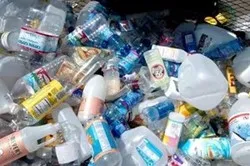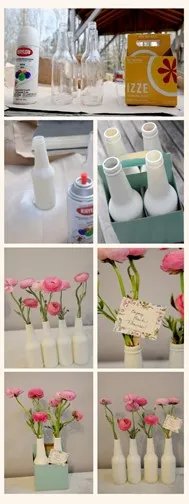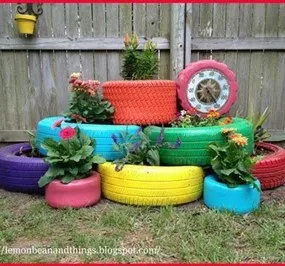30 Aug Ways to Reduce Waste in your New Tiny Home
Now you’re living tiny and you’d like to reduce your waste, whether it’s food waste, water waste or energy waste – read further for some helpful tips to reduce waste. A major reason for downsizing to a tiny house is sustainability. Reducing your waste is not that hard to do.
Reducing Your Food Waste
According to the USDA, 30-40% of our food supply is wasted. Food waste is caused by everything from supply chain issues to spoilage. In homes, however, spoilage is only half the problem. Maybe people are simply wasteful in the way they cook, the food they buy, and what is left on their plate after a meal.
The obvious concern about food waste is what it costs our country and how that food could be used to help hungry families in need. I’m sure most of us had moms that would remind us to clean our plate, there’s starving children that would love to eat that!
But, food waste also has an impact on the environment.
It contributes to:
- Energy waste
- Water waste
- Methane gas production
- Climate change
Thankfully, reducing your food waste is easy with a few habitual changes and knowing how you can repurpose certain waste items. For example, did you know eggshells can be used to keep slugs and snails away from your plants? Just sprinkle some broken-up shells around the base. Banana peels and coffee grounds are also both wonderful for garden growth. My Staghorn Ferns LOVE banana peels! Many food scraps can be composted and turned into fertilizer.
Here are 10 benefits of Composting for the environment & it’s not a hard project to undertake: 10 Benefits of Composting for The Environment – Planet Earth Is Ours
All things considered, the easiest way to reduce your food waste is to cook more consciously, and “reuse” your food. When cooking, be conscious of the servings, and do not cook more than you think you can eat. If some dinner remains, rather than throwing it in the trash, reheat it the following day for lunch. With these simple changes, you can cut down on wasting your food immediately.
Reduce plastic use
It is probably the most destructive waste we can generate in a house-hold. Plastic takes hundreds of years to decompose, meaning they’re very bad for the environment.

Since you have already chosen to downsize to a tiny house, you are already one step closer to taking a sustainability path. The easiest type of plastic you can cut out is single-use. Your grocery shopping doesn’t have to come in a shiny new plastic bag every time. Start using reusable shopping bags – you can buy them at Dollar Tree.
Avoid one-time use plastic bottles of water and instead use flasks and other durable water bottles. Whenever you can, don’t purchase foods that come wrapped in unnecessary layers of plastic. Invest in a stainless steel water bottle. A great way to reduce waste is to always carry your own reusable water bottle. Most coffee shops will gladly fill your reusable bottle instead of a paper cup.
And, for food storage, ensure your containers are reusable over a long period of time.
Re-use and Repurpose other house-hold waste
If we were to be honest, very little of our house-hold waste gets recycled once it goes into the trash. Even with those labelled ‘recyclable’ and put into the proper trash can, only a small percentage of them end up back on supermarket shelves.
Re-using certain items in unexpected or unintended ways can make a huge difference.

Cans and tins can be used for storage; car tires can be made into sandals or swings or tables; textile waste can be transformed into dolls or pillows or other more useful pieces of clothes etc. There are tons and tons of creative repurposing projects on YouTube and Pinterest, like this one below – cool way to repurpose old tires!

Reduce your energy and Water Waste
This is even more important in a tiny house, particularly one not connected to the grid and other services. When you are in the middle of nowhere, every drop of water counts, and every kilowatt hour is precious.
Americans are generally very wasteful when it comes to energy, only topped by Canada. However, Canada is much colder and therefore heating takes up most of that.
Some of the basic steps you can take to conserve your water and energy include:
- Wait until you have a full load before using your washing machine.
- Take shorter showers.
- Turn off the water while you brush your teeth, or shave.
- Wash dishes in a bowl rather than flooding the whole sink.
- Soap your hands before turning on the tap.
- Use natural light.
- Turn off electronic equipment like laptops or TVs when not in use.
- Turn up your thermostat during the day, or when the weather is favorable.
- Keep your refrigerator at an ideal temperature.
- Use energy-saving bulbs.
- Insulate your home.
Individually, any of these steps may not seem like much. But taken together, you will save yourself a lot of money, and help the environment as you do so.
It’s such a great feeling when you can actually see a reduction in your waste! Hope this helps you think about how much you “waste” in a day and hope you consider just a few of these suggestions.

Sorry, the comment form is closed at this time.